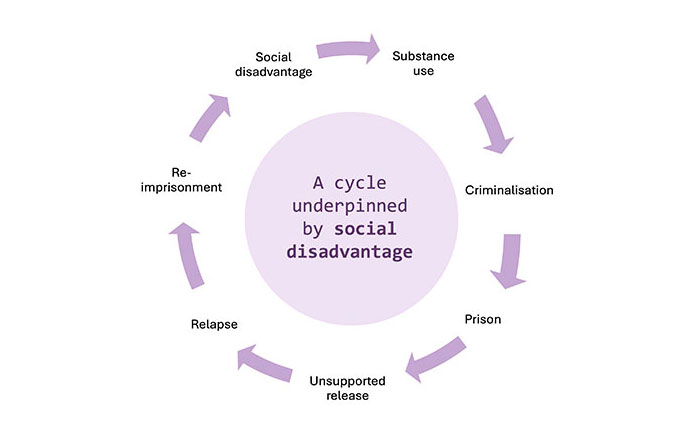Australia can double medical research funding
New costings from the Parliamentary Budget Office (PBO), commissioned by Dr Monique Ryan, Independent Member for Kooyong, show that annual funding from the Medical Research Future Fund (MRFF) could be doubled while still enhancing its capital base.
Dr Ryan today called on the Albanese government to immediately release additional funding from the MRFF.
When it was established in 2015, the MRFF’s promise was bold: a $20 billion endowment that would generate $1 billion annually for health and medical research. However, the current government is spending just $650 million annually from the fund, which now holds more than $24 billion.
The new costings by the Parliamentary Budget Office (PBO) project that the MRFF will grow to $35.4 billion by 2035–36 if the government continues to disburse $650 million a year.
The PBO projects that the yearly ‘breakeven’ disbursement — which would allow the balance of the fund to remain at its current level of $24 billion over the next 10 years — would be $1.4 billion.
Over the years, Australian medical researchers have delivered world-leading innovations — from IVF and the cochlear implant to vaccines for HPV and rotavirus, spray-on skin, and the total artificial heart. The Albanese Government has a critical opportunity to properly fund the future of science in Australia.
Dr Monique Ryan, Independent Federal Member for Kooyong:
“We could more than double the amount spent from the MRFF every year, while keeping more money in the fund than it was intended to hold,” Dr Ryan said today. “It’s a win-win for Australians concerned about our healthcare system, for medical researchers, and for our economy.”
“Hundreds of high-quality research proposals have missed out on funding in recent years. Increased investment in medical research won’t just secure our research sector and guarantee its growth and longevity — it will improve health outcomes for all Australians.”
Dr Saraid Billiards, CEO, Association of Australian Medical Research Institutes:
“With the MRFF holding well over $24 billion, there is room to release significantly more to our researchers without risk to the fund’s strength. Spending this available money would help stabilise our research institutes, and at the same time enable the Government to realise the ambitions of its Health and Medical Research Strategy and the SERD Review, delivering the breakthroughs Australians need.”
“The PBO has shown the MRFF can safely support much higher disbursements — so the question now is whether the Government will seize this chance to back Australian researchers and patients.”
Prof Brendan Crabb AC FAA FAHMS, Director and CEO Burnet Institute, Chair Australian Global Health Alliance:
“To address the big health challenges of our time, medical researchers are in desperate need of further support. It is rare to have a ready-made answer, yet in the MRFF, we have what we need already in the bank. The funds simply need to flow as originally intended. This can happen, while also maintaining this vital fund for future generations.”
“The MRFF can transform health and medical research and innovation to improve lives, contribute to economic productivity and strengthen health system sustainability. The Government needs to further unlock this ongoing research fund to meet these objectives. Increasing investment into research, development, and commercialisation of Australian innovation from the $24 billion fund would make a difference.”
Professor Chennupati Jagadish AC PresAA FRS FREng FTSE, President of the Australian Academy of Science
“It’s time to remove the arbitrary funding cap on MRFF disbursements so it can deliver what it has been designed and legislated to do — support medical research and innovation. While the Fund continues to grow in value there is no reason to cap disbursements and, in so doing, to cap cures.”
“At the same time the MRFF and the NHMRC strategy must urgently address the full cost of research funding, as both medical research institutes and universities are struggling, while the MRFF corpus grows.”




